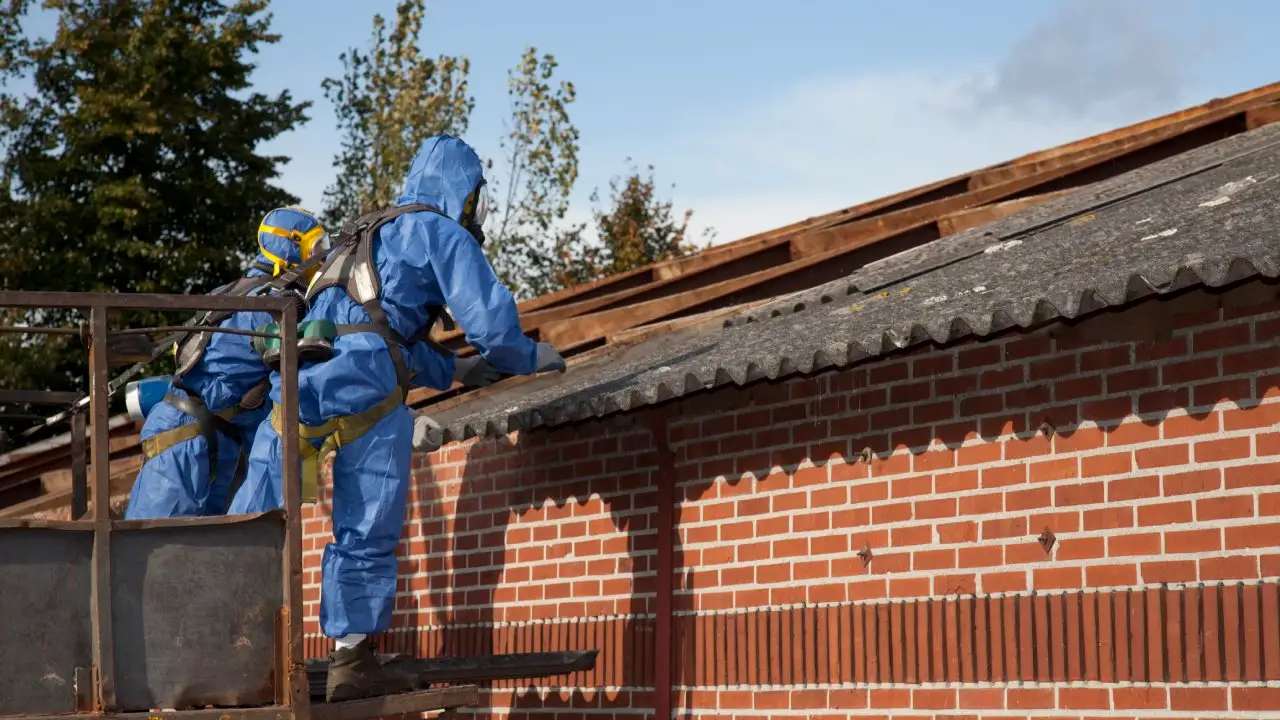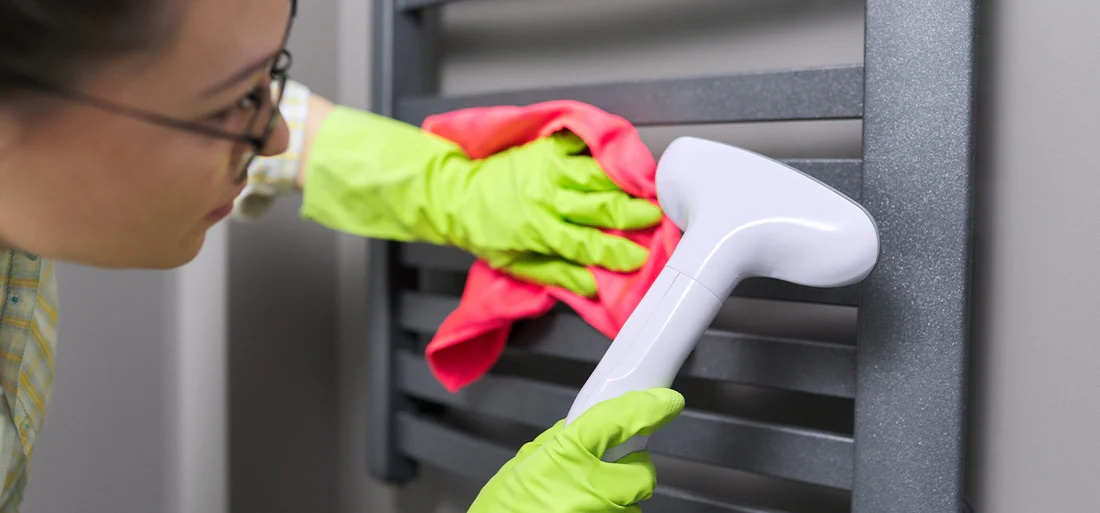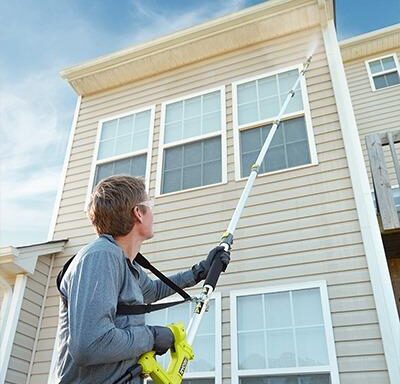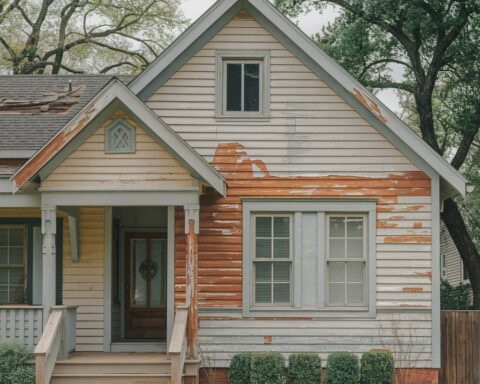Introduction
When buying a home, many potential buyers focus on the aesthetic appeal, location, and price. However, one crucial aspect often overlooked is the presence of hazardous materials, such as asbestos. Asbestos is widely used in building materials for its fire-resistant properties, but it poses severe health risks when its fibers become airborne and are inhaled. Residential asbestos testing is essential for homebuyers to ensure their prospective home is safe and free from this dangerous material. In this article, we will provide tips for homebuyers on the importance of asbestos testing, how to go about it, and what to do if asbestos is found in the home https://www.simonairquality.com/service/.
Understanding Asbestos
What is Asbestos?
Asbestos is a naturally occurring mineral of thin, durable fibers resistant to heat, fire, and chemicals. Due to these properties, it was commonly used in various construction materials, including insulation, roofing, flooring, and pipe wrapping, until the late 20th century when its health hazards became widely known.
Health Risks of Asbestos
Asbestos exposure can lead to serious health problems, including lung cancer, mesothelioma, and asbestosis. These diseases often develop years after exposure, making early detection and prevention crucial. Asbestos is particularly dangerous when disturbed, as it releases tiny fibers
into the air that can be inhaled and lodged in the lungs.
Why Homebuyers Should Consider Asbestos Testing
Ensuring Health and Safety
The primary reason for asbestos testing is to protect the health and safety of the home’s occupants. Testing for asbestos before purchasing a home can prevent future exposure and the associated health risks. It is especially important if you plan to undertake any renovations or repairs, as disturbing asbestos-containing materials can release harmful fibers into the air.
Financial Implications
Identifying asbestos in a property before purchase can also have significant financial implications. If asbestos is found, the cost of professional removal and reduction can be substantial. Knowing about asbestos beforehand allows you to negotiate the purchase price or request that the seller address the issue before finalizing the sale.
Compliance with Regulations
Many regions have strict regulations regarding asbestos management. Homebuyers need to be aware of these regulations to ensure compliance. Failure to address asbestos issues properly can result in legal consequences and fines.
Tips for Homebuyers: Conducting Asbestos Testing
Hire a Certified Asbestos Inspector
The first step in asbestos testing is to hire a certified asbestos inspector. These professionals have the necessary training, experience, and equipment to identify and assess asbestos-containing materials in a home. Ensure the inspector is accredited by a reputable organization and has a proven track record in residential asbestos testing.
Request a Comprehensive Asbestos Survey
A comprehensive asbestos survey involves a thorough inspection of the entire property, including all accessible areas and materials that may contain asbestos. This survey should include both visual inspection and laboratory analysis of collected samples. A detailed report outlining the findings, including the location, type, and condition of any asbestos materials, should be provided.
Check the Age of the Property
Asbestos was widely used in construction materials until the late 1970s and early 1980s. Homes built before this period are more likely to contain asbestos. If you are considering purchasing an older home, asbestos testing becomes even more critical. However, newer homes are not entirely exempt, as some materials containing asbestos may have been used until the late 1990s.
Consider the Scope of Future Renovations
If you plan to renovate the home, asbestos testing is crucial. Renovation activities such as drilling, cutting, or demolition can disturb asbestos-containing materials and release fibers into the air. Identifying asbestos before starting renovations allows you to plan for safe removal and disposal, protecting both workers and residents.
What to Do if Asbestos is Found
Assess the Risk
If asbestos is found in the home, the first step is to assess the risk it poses. Not all asbestos-containing materials are equally dangerous. For example, intact and undisturbed asbestos materials may pose minimal risk, while damaged or deteriorating materials are more likely to release fibers. Your asbestos inspector can guide the level of risk and the appropriate course of action.
Professional Asbestos Abatement
In most cases, professional asbestos abatement is necessary to remove or encapsulate asbestos materials safely. This process involves specialized techniques and equipment to prevent the release of asbestos fibers. Homebuyers should hire a licensed asbestos abatement contractor to perform this work and ensure it complies with all local regulations and safety standards.
Negotiating with the Seller
If asbestos is found during the inspection process, use this information to negotiate with the seller. You can request that the seller address the asbestos issue before finalizing the sale or negotiate a lower purchase price to account for the cost of abatement. Having a detailed asbestos report can strengthen your position in these negotiations.
Conclusion
Residential asbestos testing is a critical step for homebuyers to ensure the safety and financial viability of their prospective property. By understanding the risks associated with asbestos, hiring certified professionals, and conducting thorough inspections, homebuyers can make informed decisions and protect their investments. If asbestos is found, addressing it promptly through professional abatement and negotiating with the seller can mitigate the risks and costs associated with this hazardous material. Prioritizing asbestos testing is not just about compliance and financial considerations; it is about safeguarding the health and well-being of your future home and its occupants.
Keep an eye for more news & updates on Essential Tribune.








